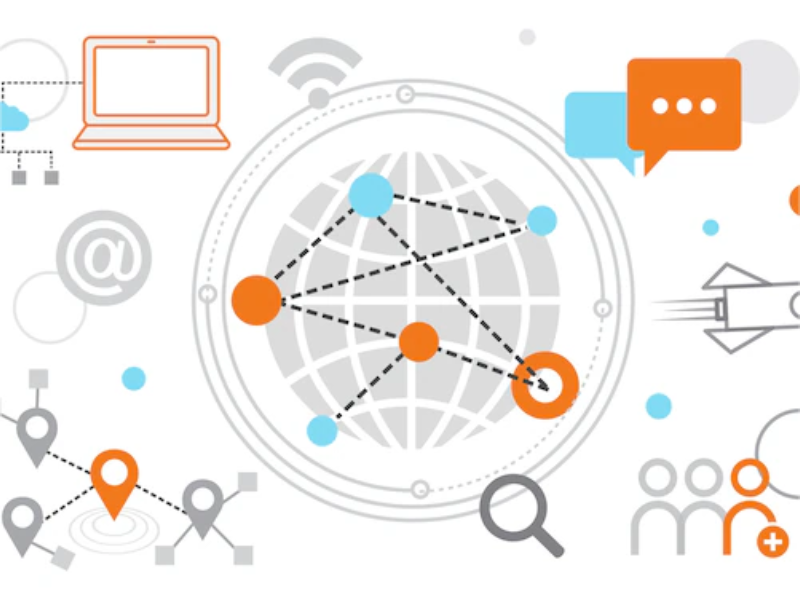- Interoperability ensures seamless integration of different network components, reducing compatibility issues.
- Effective network planning relies on interoperability to optimize performance and facilitate future upgrades.
Interoperability is a critical factor in network planning, ensuring that diverse network components and technologies can work together harmoniously. In today’s complex network environments, the ability of various systems, devices, and applications to communicate effectively is essential for creating robust and scalable network infrastructures. This blog explores why interoperability is important in network planning and its impact on network performance and future adaptability.
Enhancing compatibility and integration
- Seamless component integration: Interoperability allows different network devices, such as routers, switches, and firewalls, to function together seamlessly. This compatibility is crucial during the initial setup of a network and when integrating new technologies. Without interoperability, network planners might face significant challenges in ensuring that all components work together efficiently.
- Minimizing compatibility issues: Incompatibility between network components can lead to connectivity problems, data loss, and reduced performance. By focusing on interoperability, network planners can avoid these issues, leading to a more stable and reliable network. This is particularly important in environments with mixed technology, where devices from different manufacturers must work together.
- Simplifying management: Networks with high interoperability are easier to manage and monitor. When all components adhere to common standards and protocols, network administrators can streamline operations, reduce troubleshooting time, and improve overall network efficiency. This simplicity in management is a key benefit of prioritizing interoperability during network planning.

Supporting scalability and future upgrades
- Facilitating future expansion: Networks are dynamic and often require expansion or upgrades. Interoperability ensures that new devices and technologies can be integrated into the existing network without major disruptions, while also supporting scalability. This flexibility is essential for network planners who need to accommodate growth and evolving technological requirements.
- Ensuring longevity: Technology evolves rapidly, and network components may become obsolete over time. Interoperability allows older systems to coexist with new technologies, extending the useful life of existing infrastructure. This forward-thinking approach is crucial for planning networks that remain effective and relevant over the long term.
- Optimizing performance: Interoperable networks can be optimized for performance by selecting the best components and technologies that work well together. Network planners can leverage interoperability to implement solutions that enhance data throughput, reduce latency, and improve overall network efficiency.
Also read: 4 HPC’s hidden hurdles: Tackling cost, scalability, and power
Enhancing security and compliance
- Improving security: Interoperability can contribute to better network security by enabling the integration of comprehensive security solutions. For instance, interoperability between firewalls, intrusion detection systems, and network monitoring tools can create a more robust security posture. This integration is essential for protecting the network from potential threats and vulnerabilities.
- Ensuring compliance: Many industries have specific compliance requirements related to network security and data management. Interoperable networks can more easily adhere to these standards by integrating components that meet regulatory requirements. This compliance is crucial for avoiding legal issues and maintaining trust with clients and stakeholders.
Also read: Recommended security protocol for network address translation
In summary, interoperability is a fundamental aspect of effective network planning. It ensures seamless integration of diverse network components, minimizes compatibility issues, and supports future scalability and upgrades. By prioritizing interoperability, network planners can create more stable, efficient, and secure networks that adapt to evolving technological needs and compliance standards.

